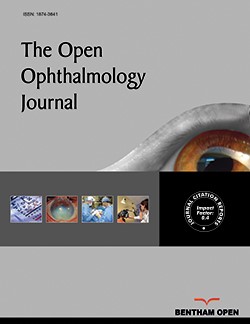All published articles of this journal are available on ScienceDirect.
Ophthalmic Surgical Cancellations in a Tertiary Hospital over a 10-year Period: Analysis of Patient Characteristics and Cancellation Reasons
Abstract
Objective:
To evaluate causes and demographic associations for ophthalmic surgical cancellations in a tertiary hospital in New Zealand over a 10-year period.
Methods:
All ophthalmic surgical cancellations were identified using electronic records between 1 Jan 2010 and 31 Dec 2019. The reasons for cancellations and association with the calendar year, patient age, gender, ethnicity, and driving distance to the hospital were analysed.
Results:
A total of 20,934 surgical bookings were identified over the 10-year period with overall cancellation and day-of-surgery cancellation (DOSC) rates of 21.2% (n=4447) and 6.8% (n=1416) respectively. The most common cancellation reasons included ‘Substitution/List Overrun’ (24.2%), ‘Not Specified’ (23.3%), and ‘Acute Illness’ (17.7%). Cancellations were reduced and total surgical bookings increased over the study period.
Māori accounted for 18.3% of bookings, with a total cancellation rate of 24.5% and a DOSC rate of 9.0%. Māori had a mean age of 54.2 years compared to 66.7 years for non-Māori.
Conclusion:
A large proportion of DOSCs were due to list overrun and substitution for emergency cases, consistent with reports from Australia, India, South Africa, and Hong Kong. Reducing surgical cancellations (particularly DOSCs) has the potential to significantly improve theatre utilisation and surgical capacity with minimal increases in costs.
Māori were underrepresented in surgical bookings, overrepresented in cancellations and DOSCs, and were significantly younger at the time of surgery than non-Māori. Targeted strategies to reduce cancellations for Māori will enable more equitable access to ophthalmic surgery.


